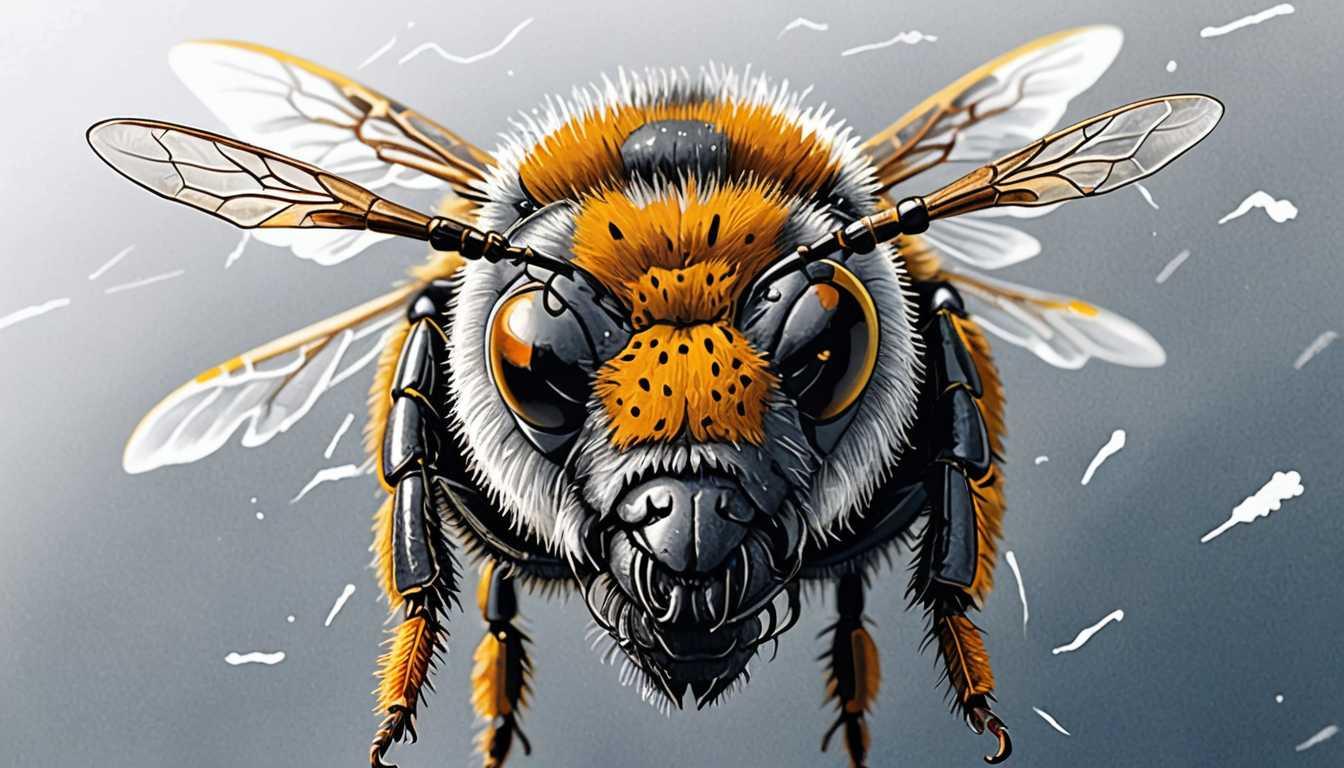Nature's Fast and Furious: Survival Edition
November 2022
University College London
Introduction
Dive into the speedy world of fast-lived species with this eye-opening research from University College London! Discover why critters that live fast and reproduce quickly are outpacing their slow-living counterparts in today's rapidly changing environments. From the expansion of croplands to the warming of our planet, these turbo-charged animals are redefining survival. Packed with insights from the Global Change Biology journal, this study sheds light on the resilience of nature's speedsters and the challenges faced by more leisurely species. Ready to race through the facts?
READ FULL ARTICLEWhy It Matters
Discover how this topic shapes your world and future
Racing Against Change
Imagine a world where the quick and adaptable thrive, while the slow and specialized fade into the shadows. This isn't just a plot for a sci-fi movie; it's happening right now on our planet. Recent studies have shown that in areas where humans have drastically changed the landscape, like turning forests into farms, animals that live fast and reproduce quickly are booming. Meanwhile, those that take their time to grow and have fewer babies are struggling to keep up. This shift could change the very fabric of life on Earth, affecting everything from local ecosystems to global environmental health. For you, this topic isn't just about animals; it's a window into understanding how human actions reshape the natural world and a call to think about how we can live in harmony with our planet.
Speak like a Scholar
Life-history traits
Characteristics of an organism's life cycle that influence reproduction and survival, such as age at first reproduction, lifespan, and number of offspring.
Population trends
The patterns of change in the number of individuals in a population over time, which can be increasing, stable, or decreasing.
Generalists vs. specialists
Generalists are species that can thrive in a wide variety of environments and make use of different resources, while specialists are adapted to thrive in specific habitats or have a diet consisting of specific types of food.
Invasive species
Non-native species that spread rapidly in new environments, often causing harm to native species and ecosystems.
Ecosystem composition
The variety and abundance of species in a particular ecosystem, which can influence how energy flows and how ecosystems function.
Climate warming
An increase in Earth's average surface temperature due to human activities, such as burning fossil fuels, which contributes to changes in global climate patterns.
Independent Research Ideas
The role of fast-lived species in urban ecosystems
Investigate how species with fast life-history traits adapt to and thrive in urban environments, and their impact on urban biodiversity.
Comparative study of generalists and specialists in changing climates
Explore how generalist species fare compared to specialist species in areas heavily impacted by climate change, focusing on their adaptability and resilience.
Invasive species success stories
Examine cases where invasive species with fast life-history traits have successfully colonized new areas, and the consequences for local ecosystems and native species.
Ecosystem services of fast vs. slow-lived species
Analyze the different roles that fast and slow-lived species play in ecosystem services, such as pollination, seed dispersal, and nutrient cycling, and how shifts in population trends may affect these services.
Human impact on animal life-history traits
Research how human-induced environmental changes, such as habitat destruction and climate change, are influencing the life-history traits of animal populations, potentially leading to evolutionary changes.
Related Articles

Seabirds' Last Stand: A Climate Lifeline
December 2022
University of Cambridge

Avian Adventurers: Climate's Challenge
December 2023
Imperial College London

Wings of Change: Butterflies vs. Climate
July 2023
University of Cambridge

Dolphins & Humans: An Unlikely Team
January 2023
Max Planck Society

Goodbye, 'Murder Hornets': Hello, Northern Giants
July 2022
National Geographic